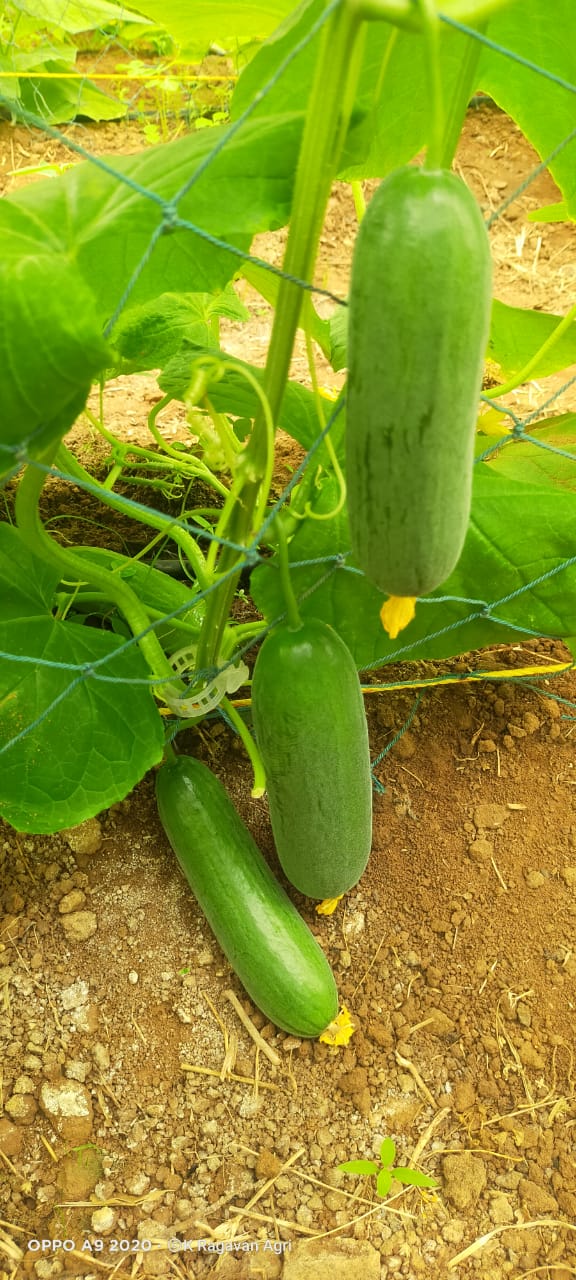I run a for-profit initiative called Five Minute Farmers (http://farmers.fiveminutes.in) . The objective here is to help the farmers in multiple ways. As a part of this, in the past two years we have interacted with the CEOs of over 1000 Farmer Producer Companies (FPCs or FPOs) in India which includes over 100 FPOs that are active in Tamil Nadu.
Wanted to bring to light some of the experiences, which I believe will help us in our journey with these 300+ farmers in the FPO creation and progress.
In a very short form, the model typically works like this:
- A group of farmers come together and create a Farmer Producer Company. Each farmer has to give Rs.1000 for their share in the company. (Each farmer gets one share only – full details available in SFAC website at http://sfacindia.com/FPOS.aspx ).
- They decide to go through SFAC route, where a Resource Institution (RI) is identified and recommended by the authorities to them.
- The RI guides the FPO on various steps throughout their journey.
- FPOs get incentives, subsidies (eg. salary for CEO etc) for a three year period – the hope is that it will become self sustaining over a period of time. (Classic example of a success story often shown is Sahyadri Farms in Nashik.)
Based on my close interaction with many FPOs, please find below some ground realities in Tamil Nadu:
- I am aware of farmers who want to be in an FPO, but cannot join because they do not have the initial money to give. So we have to think hard about where they will bring in the initial capital of Rs.1000/-
- Even if some of the farmers come with money, the banks might refuse to do any kind of business with them if they have defaulted earlier. (Many farmers have loan defaults in their name.)
- More than 80% of FPOs become NPA (Non Performing Assets) after the initial three year period. In Tamil Nadu, many FPOs are reaching their end of third year period in 2019 and the pattern is in line with the average across India. (I will be happy to discuss this in detail to anyone interested in knowing more.)
- Many farmers will continue to sell outside the FPO due to quick money and this results in no revenue to the FPO.
- With a hope to bring in some revenue, the FPO typically starts to trade in produce, not produced by their farmers, but bought and sold from else where – basically becoming a trader – a deviation from the original purpose for which it was created.
What the farmers in the FPO need more in the order of priority:
- Assistance with loans
- Assistance with selling
- Assistance with data to help them make better decisions.
Hence it is extremely important for any organisation hoping to improve the lives of farmers in India, to focus on these aspects.
I will be happy to discuss any/all these topics with any one interested.
